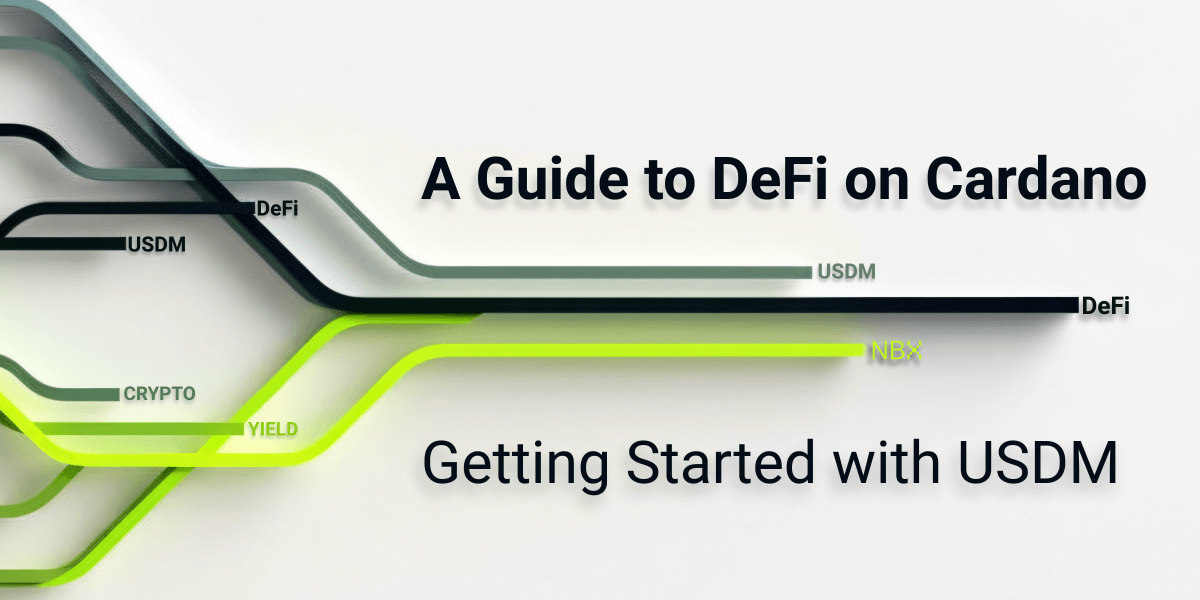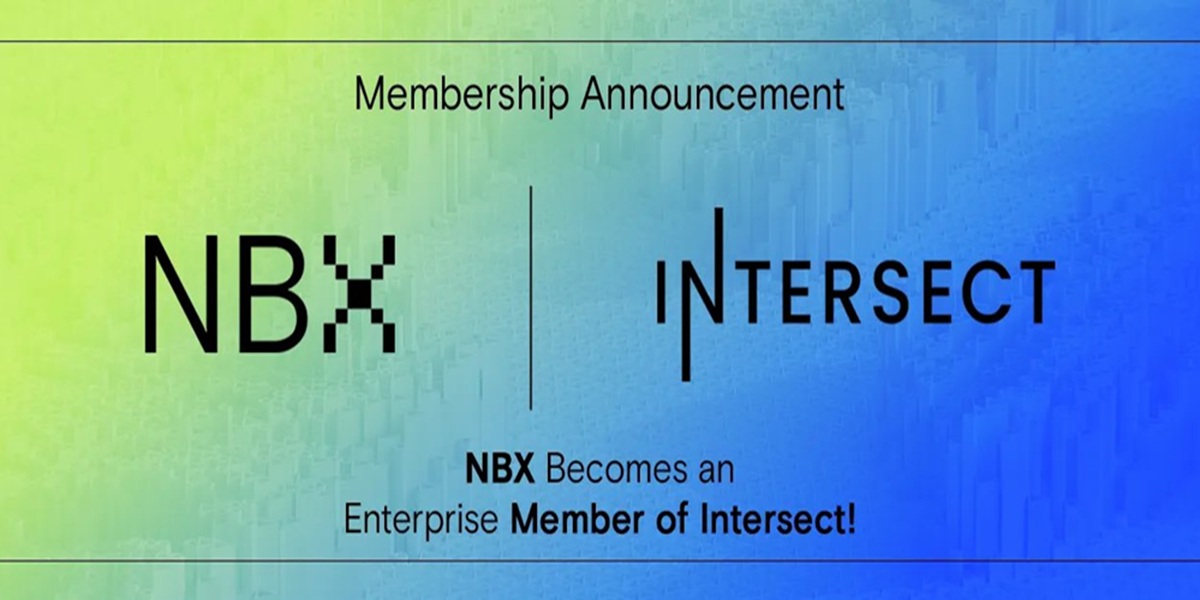If you already know about what Bitcoin is, then you're now ready to learn about the process of bitcoin mining. Overall, bitcoin mining is the process of verifying Bitcoin transactions and grouping them into "blocks" that are then added to Bitcoin's shared database (blockchain).
The mining process runs on a set of rules called a "consensus mechanism." Fundamentally, a consensus mechanism helps a network of computers how to achieve agreement on the state of that network. In this case, "state" refers to which transactions should and shouldn't be added to the Bitcoin blockchain.
Bitcoin's consensus mechanism is called "proof-of-work" because to prove that the Bitcoin blockchain's state is correct, specialized users called miners have to solve a complex mathematical problem. This problem is called a "hash function," which refers to the fact that all data on the Bitcoin network is encrypted or "hashed" to protect the privacy of Bitcoin users and keep the network secure.
This hashing occurs when a transaction is sent and results in it looking like a randomized string of letters and numbers. Once a transaction is hashed, it’s then grouped together into a block by a miner.
Before a block can be added to Bitcoin's blockchain, a miner has to partially decrypt it to the point that it can be proven that the sender had access to the crypto wallet involved, as well as its funds. Here, by partially, we mean that through solving for the hash function, a miner receives another encrypted string of data in return, which proves that the transaction came from a wallet's true user with the required amount of funds.
It’s at this point that all miners race to be the first to verify 1 megabyte of transactional data(a block). The one who does so first has “proven their work” and gets new bitcoins in return, which is called the block reward that keeps miners involved in keeping the Bitcoin network running and secure.
Mining keeps the Bitcoin network secure by making sure no transaction can ever be reversed, no amount of Bitcoin can ever be fraudulently spent more than once, and all data on the Bitcoin blockchain remains encrypted.
Miners are kept honest by the difficulty of mining a block. Because it takes so much energy, time, and yes money(mining is costly), to win the block reward, miners are incentivized to be honest throughout the mining process or risk never turning any sort of considerable profit.
In short, no one can mine 1 Bitcoin. More specifically, it takes 10 minutes to mine a block of transactions, which means that it currently takes that amount of time to release new bitcoins into the world. Though these Bitcoins start by being given to a miner, they’re always sold to pay a miner’s expenses, resulting in them entering the open market.
No. Every Bitcoin transaction is charged a fee, which is determined by miners and paid to the miner who successfully proposed the latest block (on a block-by-block basis).
Bitcoin mining isn't worth it for the average user.
Since the probability of winning the block reward is currently 1 in 16 trillion, miners use specialized computer chips called ASICs to do what they do, which cost hundreds of thousands of dollars to develop. Additionally, ASIC-based mining rigs consume so much electricity that most miners have slim margins, resulting in large-scale mining operations being the most profitable.
Because of this, roughly 40% of the Bitcoin network is run by a few large mining firms.
The biggest criticism of mining(proof-of-work consensus) is that it consumes too much energy.
Because of this, numerous networks have emerged over time that offer alternative consensus mechanisms like proof-of-stake, which allows anyone who owns a certain number of coins to be a miner effectively.
Even so, none of these networks have attained as much value as Bitcoin.
The article does not constitute financial advice.


